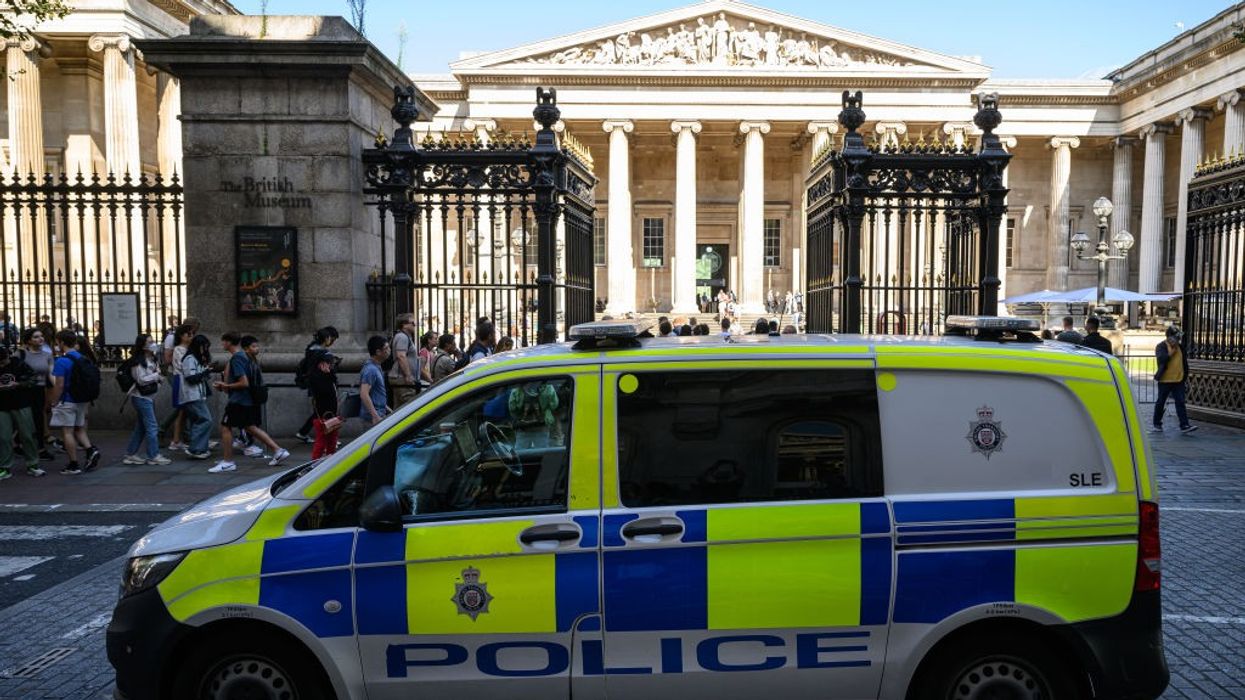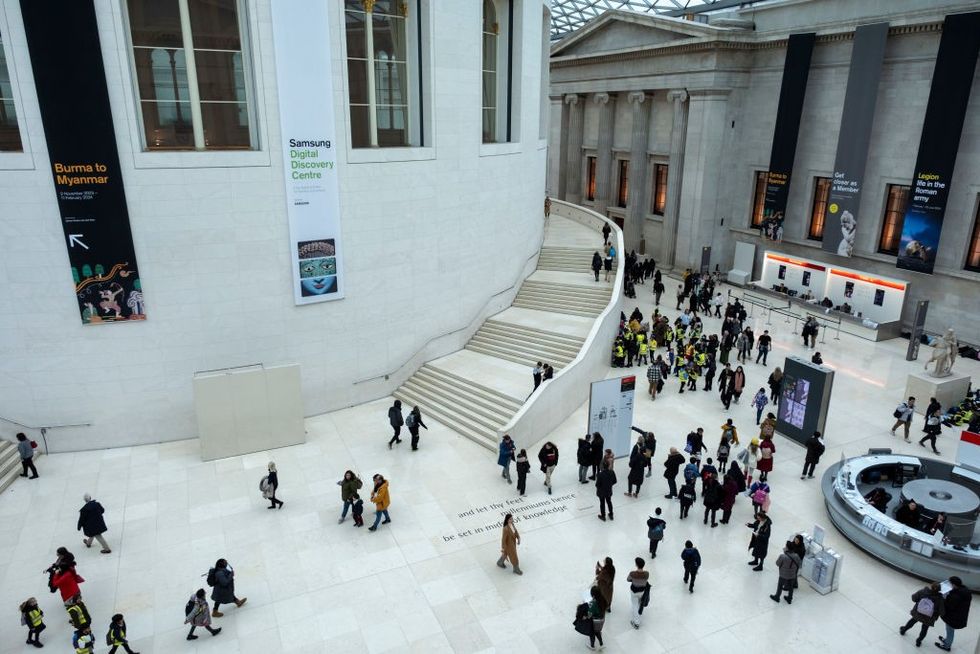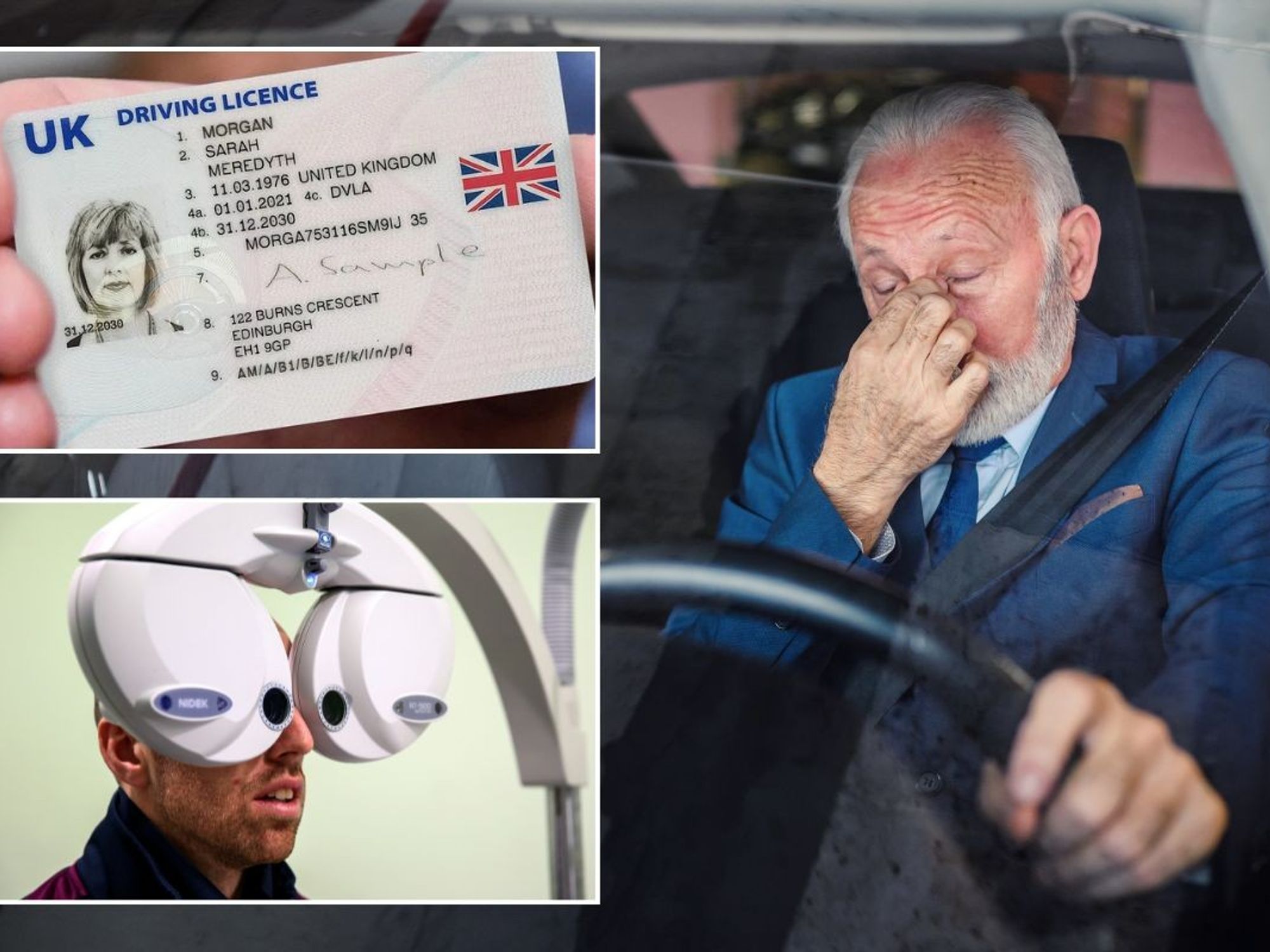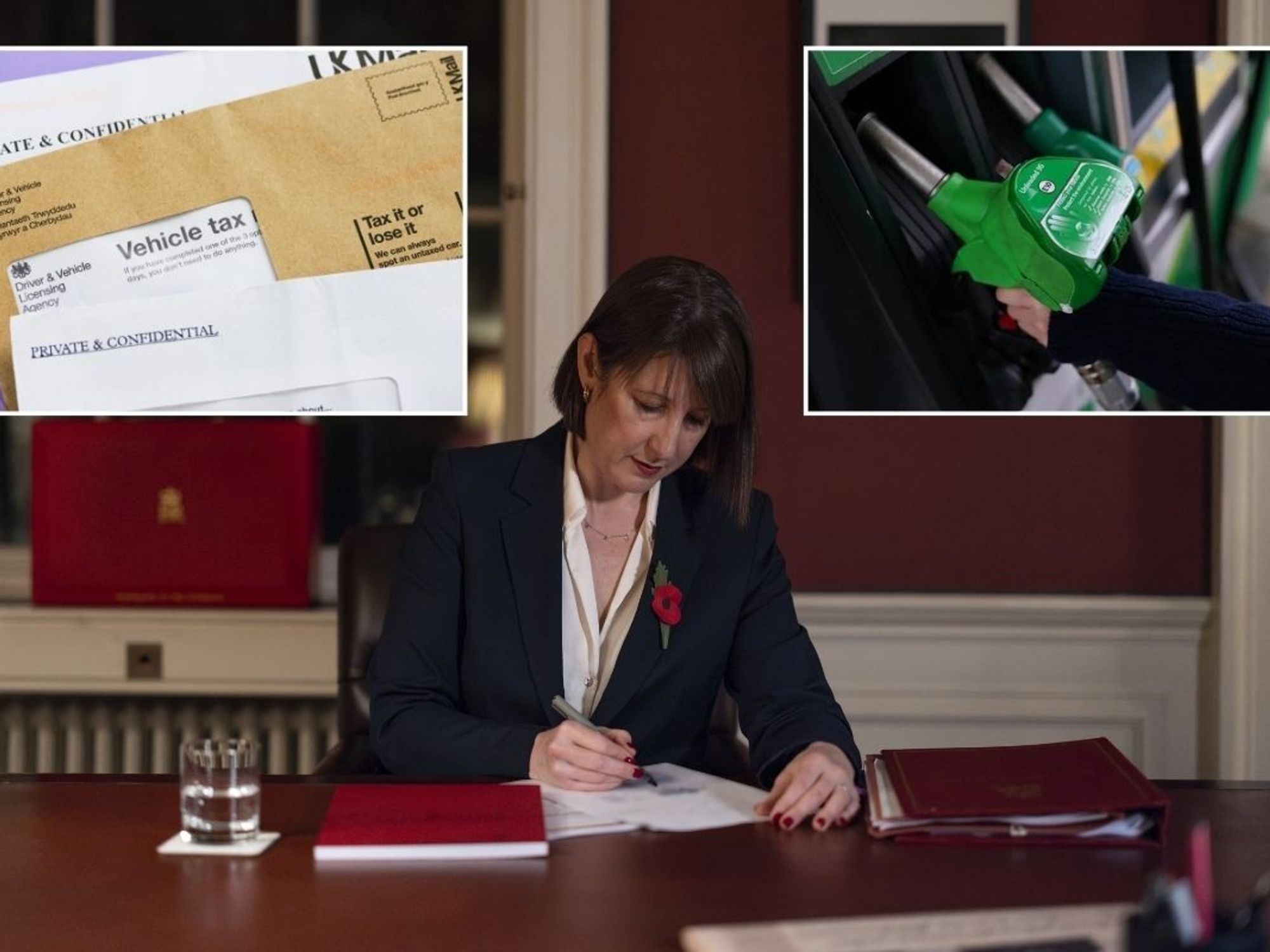British Museum admits stolen items may be 'unrecoverable' as they warn artefacts may have been 'defaced and sold as scrap'

British Museum admits stolen items may be 'unrecoverable' as they warn artefacts may have been 'defaced and sold as scrap'
|Getty

The museum confirmed 140 artefacts were damaged by a tool mark
Don't Miss
Most Read
Latest
Around 2,000 ancient artefacts went missing from British Museum collections, with curators warning many may be "unrecoverable" after being defaced and "sold for scrap".
An independent review into the thefts found that 1,500 items are feared to have been stolen, while 350 objects were found with "portions removed" such as "gold mounts for gems".
Chairman of the museum George Osborne said that the staff member they believe to be responsible for the thefts is not co-operating with the search to recover them.
The museum said 140 artefacts were damaged by a tool mark and that hundreds of precious parts pilfered from the vaults are likely never to be returned.
WATCH NOW: The Free Speech Nation panel discuss if museums should hand back artefacts
A total of 351 items have been recovered so far, with more than 300 further pieces identified.
One member of the team charged with finding the missing items told The Times many had likely been “scattered to the four winds"
The source added: "These bits will have long since been sold, and I mean, God knows where they are. They could be turning up in small auctions in Missouri now for all we know."
Former senior curator at the museum Peter Higgs is accused of using his position to steal unregistered items — mainly Roman and Greek gems and jewellery.
LATEST DEVELOPMENT

A total of 351 items from the museum have been recovered so far,
|Getty
Higgs has strongly denied any wrongdoing, with his family telling The Times he was innocent and “devastated” to have lost his job.
A museum source previously said that the museum’s leaders suspected that they were "dealing with a possible case of kleptomania."
An external review into what happened estimated that the alleged thief made about £100,000 over 30 years, selling items from the museum storerooms. Several items were found listed on eBay and flagged to the museum.
Following the report’s recommendations, former director Hartwig Fischer quit and his deputy, Dr Jonathan Williams, "stepped back" from his duties over reports of their failure to uncover the thefts after the alarm was raised by an antiquities dealer.
A museum source told The Times it was in part relying “on goodwill” to get all 2,000 objects back.
They were hoping that people who had purchased them without realising they had been stolen would freely hand them back.
The source added that they expected it to be "very difficult" for the museum to recover every piece.
They said: "Some of the things are very common types of things and you couldn’t swear whether it was that one or actually another one very much like it."










